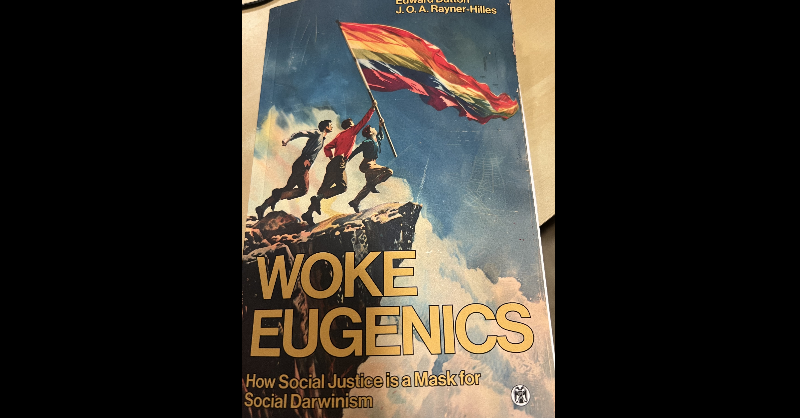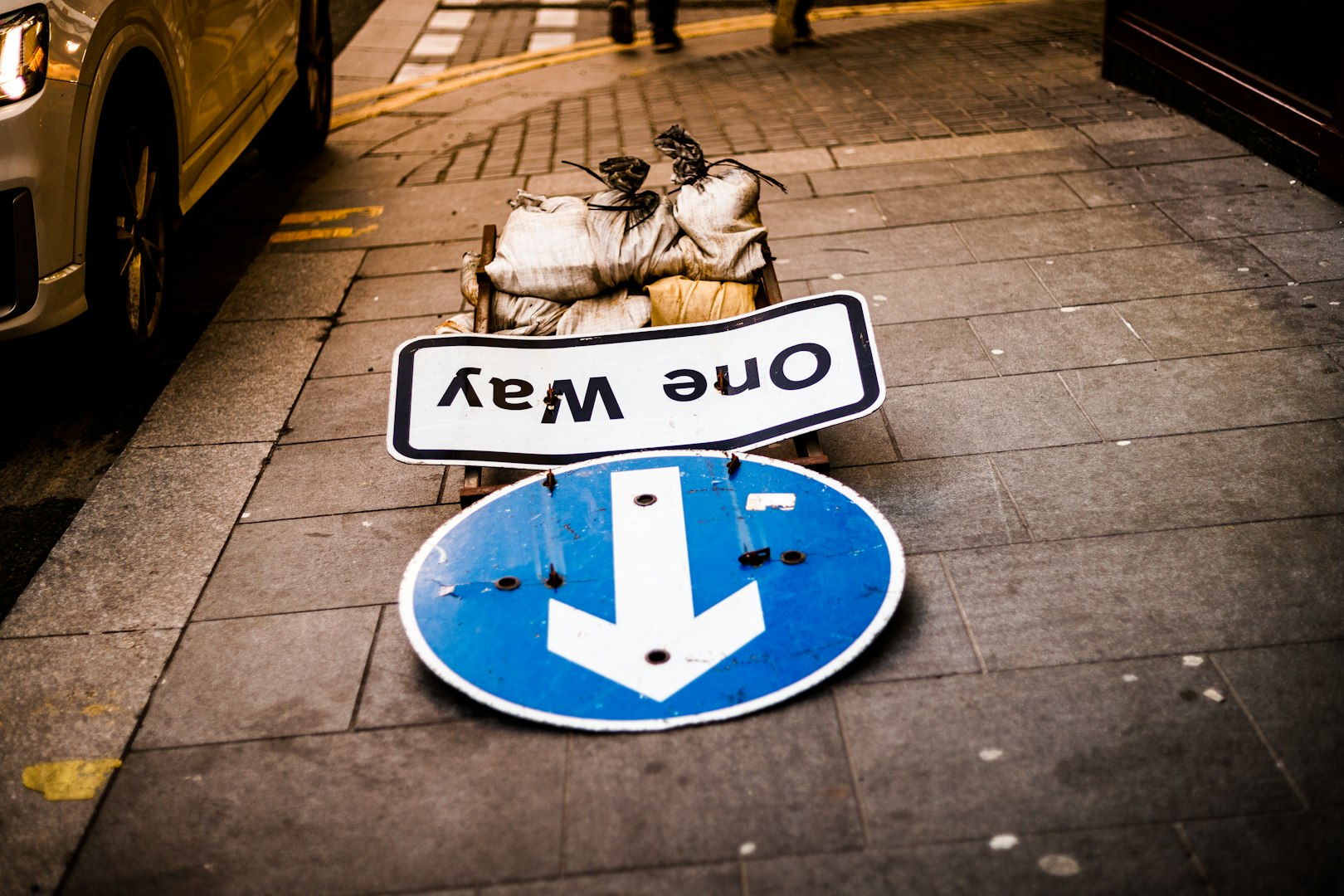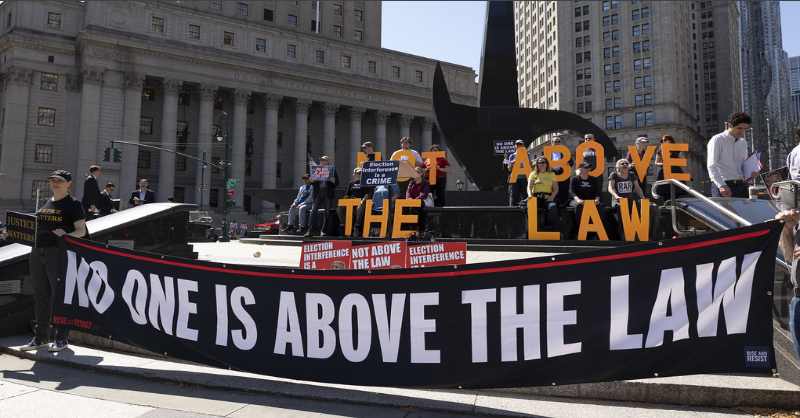
JOHN MILLER
Wokeness And Modern Eugenics
The woke will go extinct as the survivors become ultra based. Is wokeness fixing civilization?


JOHN MILLER
The woke will go extinct as the survivors become ultra based. Is wokeness fixing civilization?

ALLAN RAY
Russia's KGB strongman is popular and has managed to make his country a self-sustaining global force.

DEVON KASH
If you like unravelling supernatural mysteries and ingesting some traditional conservative themes, you're going to like this one.

RYAN TYLER
A second shooter on a water tower? An FBI director in the crowd? Some of these theories are off the wall.

DEVON KASH
Even Kamala Harris is rumoured to be ready to jump in bed with the crypto industry before September.

ALLAN RAY
Violence has no place in a system designed around elections, peaceful transitions of power, and bloodless coups.

RYAN TYLER
With the Sask NDP as irrelevant as ever, the future looks promising for Scott Moe.

ALLAN RAY
Socialism puts the power in the hands of government, while libertarianism would allow monopolies to run amok.

ALLAN RAY
After the first round, National Rally turned up a big win, but France's system of broad left and centre coalitions won't allow a second round win.
Current immigration levels are unsustainable, but that doesn't mean it should stop.

ALLAN RAY
A Marxist named Keir Starmer is most certainly on his way to becoming the United Kingdom's next prime minister.

GRANT JOHNSON
A couple based blockbusters suggest Hollywood is changing course for some very particular reasons.

THOMAS CARTER
When Donald Trump allegedly paid to have the Stormy Daniels allegations killed, it was election interference.

NICK EDWARD
Etymology teaches us the deep and dark history of slavery. A history that does not belong exclusively to one race.

ALLAN RAY
It's not just Hollywood. There is a known problem inside youth sports and religious institutions.

RYAN TYLER
With both of their parties sinking in the polls, Trudeau and Singh are looking to change the rules of democracy.

NICK EDWARD
Allies of a democratic country may not know who they're dealing with, as their partner switches personalities every four to eight years.